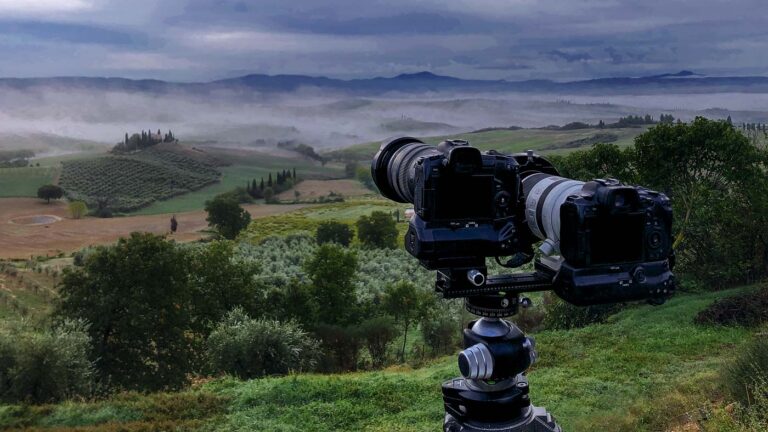
3 - Do your research before you attend your photo workshop
Research is an essential part of any successful endeavour. It helps to ensure that the decisions we make are based on accurate and up-to-date information. Doing research before you attend your workshop can also help you to save time and energy, as well as gain a better understanding of your chosen destination. By doing research, you can also identify potential opportunities and weather patterns in that environment which in turn will help us to make informed decisions, in the field.
Research is a key step in the process of attending a photography workshop. After all it helped you find the right workshop for your needs. You’ll gain insight into what to expect, and prepare yourself for the best possible experience. By researching before attending a photography workshop, you can make sure you get the most out of your time and money. You can also ensure that you learn from experienced photographers and get quality instruction.
Make time to read up on your chosen genre, subject or location. Incorporating seasonal weather cycles, accessibility and travelling time. Using Google Earth, google maps and other useful apps like PhotoPills will be a solid starting point.
Extensive reconnaissance or location scouting when time permits, following a location workflow, without your camera. When safe to do so, equipment should be in an open bag, out of sight, in your vehicle, avoiding misting or overheating when encountering cold, humid or scorching conditions. Make note of the sun’s position and direction of travel. Diligently search for all available compositions to convey your story.
Having some idea of what to expect there might help you pick what gear you need, preventing you from carrying unnecessary weight.

4 - Determine your goals
Determining your goals before attending such a workshop is important, so you can prioritise what you want to learn and make the most out of the experience. By setting clear objectives, you can ensure that you focus on the right topics and not waste time on things that don’t interest you. This will help you get the most out of your photography workshop and take away valuable lessons for future projects.
What do you want to learn? Do you want to produce a body of work, or photo essay, master a given technique or revisit the basics? Perhaps you’ll want to learn how to use manual mode on your camera or how to isolate subjects and compress distance with your telephoto lens. You could try some focus stacking or work on leading lines. You might want to improve your depth of field and find the right focus point. Perhaps you’d like to learn how to use Rembrandt lighting in portraits or how to pose groups of people.
The bare essentials of photography lie in the operation of your camera settings. The exposure triangle is the first port of call, as learning how to balance aperture, shutter speed, and ISO is key to achieving well-exposed, sharp captures. Be familiar with your camera, settings and menu system. Set up a personalised camera menu for speed and efficiency when required.
5 - Plan photo sessions
Planning a photography session before a workshop is essential for ensuring that the workshop runs smoothly and that you have the basic skills and techniques required to get great results. It helps prioritize tasks, create an efficient workflow, and ensure everyone is on the same page. By planning ahead, participating photographers can ensure they have all the necessary equipment and materials ready in advance. This will help to maximize their time during the workshop and get better results from their photography sessions.
If you’re a casual photographer, it will take some time to get comfortable shooting again. Do you want to squander the first few hours, if not the entire first day of your workshop getting acquainted with your equipment?
It is very useful to brush up on your basic techniques in the month leading up to your departure by planning and attending some photo sessions before the workshop. You’ll reacquaint yourself with your gear, and your eye will become accustomed to looking for opportunities and compositions.
In the next episode, we will investigate how to be part of the process and touch on the best ways to respect the environment and follow a set of core principles in a conservational-friendly manner.
Until then enjoy every aspect of your photography.
Subscribe to my newsletter
Be the first to find out about new photography workshops, articles and special offers!
Get the full 7 tips to get the most out of your workshop in one free PDF by subscribing to my newsletter.
You can unsubscribe at anytime.

